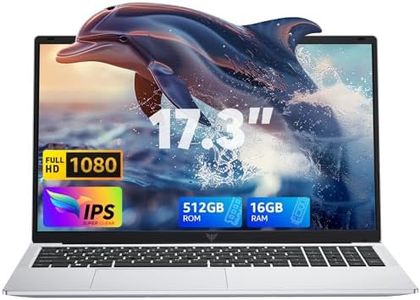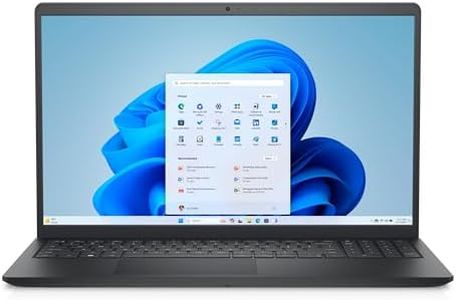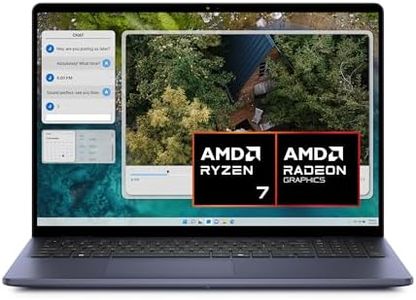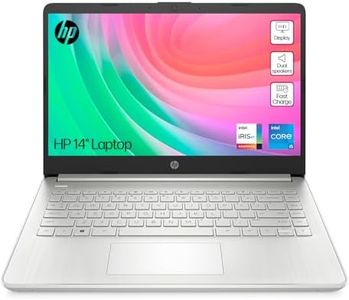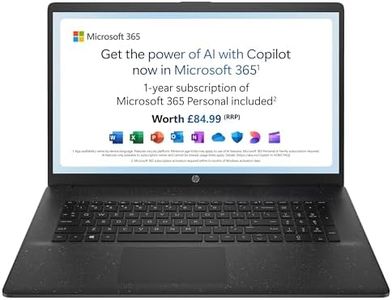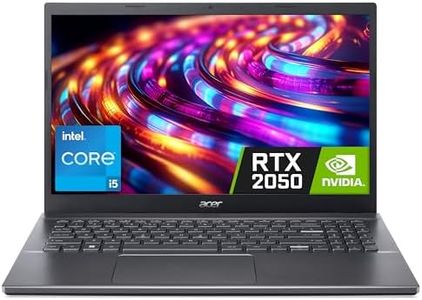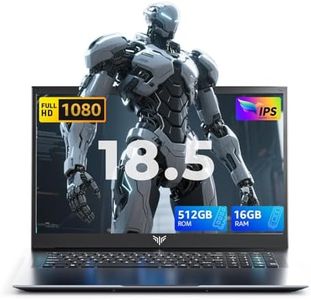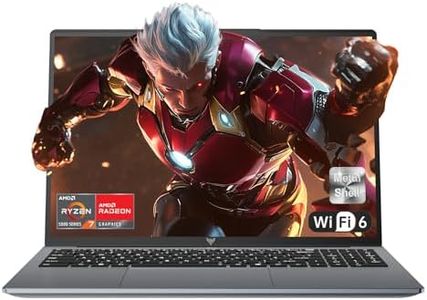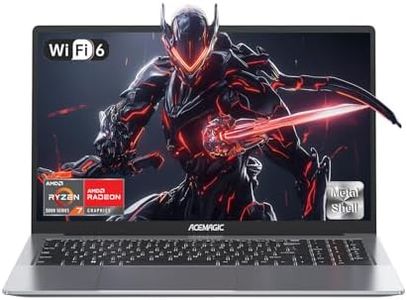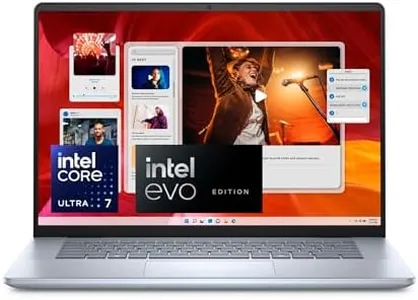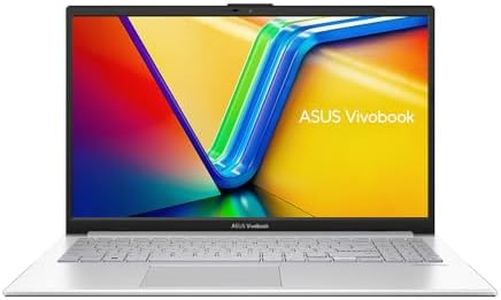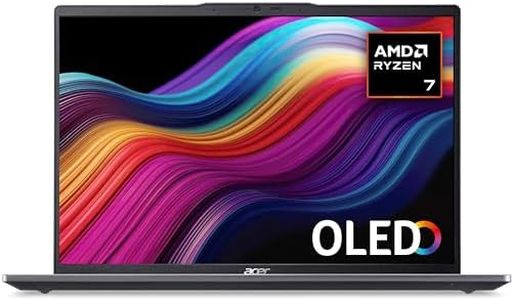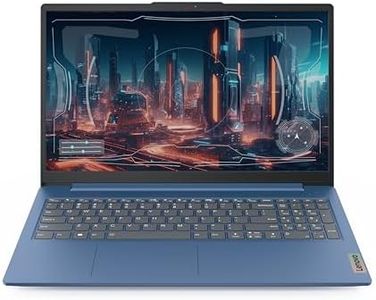We Use CookiesWe use cookies to enhance the security, performance,
functionality and for analytical and promotional activities. By continuing to browse this site you
are agreeing to our privacy policy
10 Best Laptops For College Students
From leading brands and best sellers available on the web.Recommended lists
Buying Guide for the Best Laptops For College Students
Choosing the right laptop for college is crucial as it will be your companion for taking notes, completing assignments, and possibly even for entertainment. The ideal laptop should be portable, powerful enough to handle your coursework, and have a battery life that lasts through your classes. It's important to consider what you'll be using the laptop for, as different fields of study may have different requirements. For instance, an engineering student might need a more powerful machine than a literature student. Here are some key specifications to consider when selecting a laptop for college.PortabilityPortability is determined by the size and weight of the laptop. This is important because you'll likely be carrying your laptop around campus all day. Laptops with screen sizes between 11 to 14 inches are generally considered portable and lightweight, making them easy to carry in a backpack. If you need a larger screen for tasks like graphic design, you might opt for a 15-inch model, but keep in mind it will be heavier. Consider how much you'll be moving around with your laptop to decide the right balance between screen size and portability.
Battery LifeBattery life is crucial for students who spend long hours on campus without access to power outlets. A laptop with a battery life of at least 8 hours is ideal for a full day of classes and study sessions. Some laptops offer extended battery life of 10-12 hours, which can be beneficial if you have a particularly long day. Consider your daily schedule and how often you'll be able to charge your laptop to determine the battery life you need.
PerformancePerformance is determined by the processor (CPU), RAM, and storage type. For most students, a laptop with an Intel Core i5 or AMD Ryzen 5 processor, 8GB of RAM, and a solid-state drive (SSD) will provide a good balance of performance and efficiency. If you're studying a field that requires more intensive software, like video editing or 3D modeling, you might need a more powerful processor (like an Intel Core i7 or AMD Ryzen 7) and more RAM (16GB or more). Consider the software you'll be using for your studies to choose the right performance level.
StorageStorage capacity determines how much data you can keep on your laptop. An SSD is preferred over a traditional hard drive because it is faster and more reliable. For most students, 256GB of SSD storage is sufficient for storing documents, applications, and some media. If you plan to store a lot of large files, such as videos or design projects, you might need 512GB or more. Consider your storage needs based on the type of files you'll be handling.
Operating SystemThe operating system (OS) is the software that supports a computer's basic functions. The most common options are Windows, macOS, and Chrome OS. Windows is versatile and compatible with most software, making it a good choice for a wide range of students. macOS is popular among students in creative fields due to its design and media capabilities. Chrome OS is lightweight and works well for web-based tasks, making it suitable for students who primarily use cloud-based applications. Consider the software you'll need for your studies and your personal preference when choosing an OS.
ConnectivityConnectivity options like USB ports, HDMI, and Wi-Fi are important for connecting your laptop to other devices and networks. Most students will need at least a couple of USB ports for peripherals like a mouse or external hard drive, and an HDMI port can be useful for connecting to projectors or external monitors. Wi-Fi 6 is the latest standard and offers faster and more reliable connections, which can be beneficial in crowded campus environments. Consider the devices you'll need to connect to and the type of network access you'll have on campus.
